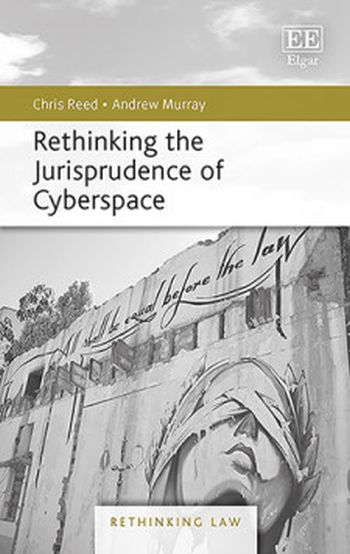
Cyberspace is a difficult area for lawyers and lawmakers. With no physical constraining borders, the question of who is the legitimate lawmaker for cyberspace is complex. Rethinking the Jurisprudence of Cyberspace examines how laws can gain legitimacy in cyberspace and identifies the limits of the law’s authority in this space.
Two key questions are central to the book: Who has authority to make laws within cyberspace and how do laws in cyberspace achieve legitimacy? Chris Reed and Andrew Murray answer these questions by examining the jurisprudential principles that explain law in the physical world and rethinking them for the cyberworld.
In doing so they establish that cyberlaw is more similar to traditional law than previously thought, but that establishing legitimate authority is quite different. This book provides the first thorough examination of the jurisprudence of cyberspace law, asking why any law should be obeyed and how the rule of law is to be maintained there.
Academics and researchers who are interested in the regulation of cyberspace will find this to be a compelling study. More broadly, it will appeal to those researching in the fields of transnational legal studies, jurisprudence and legal thought.